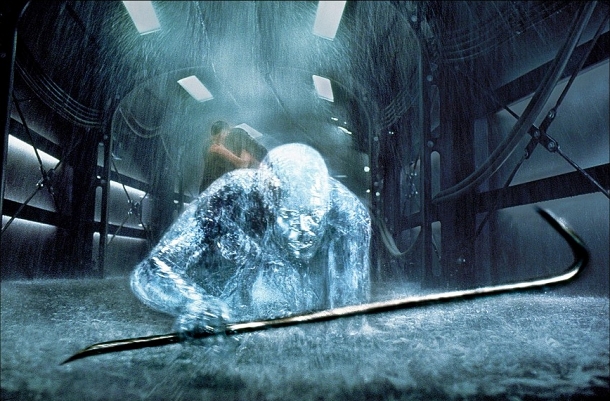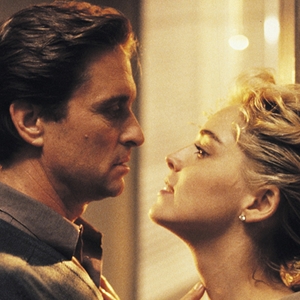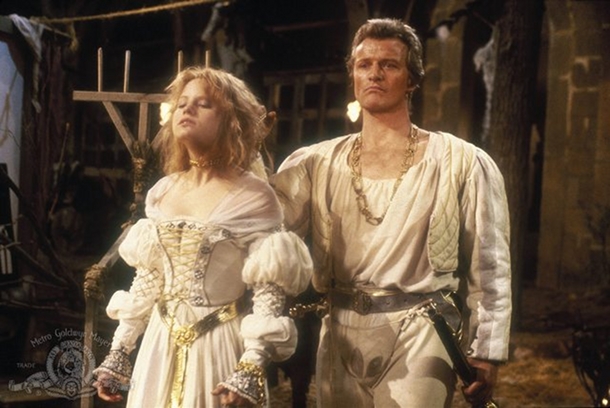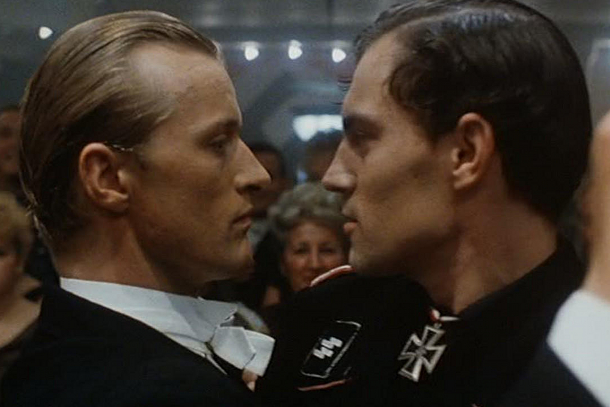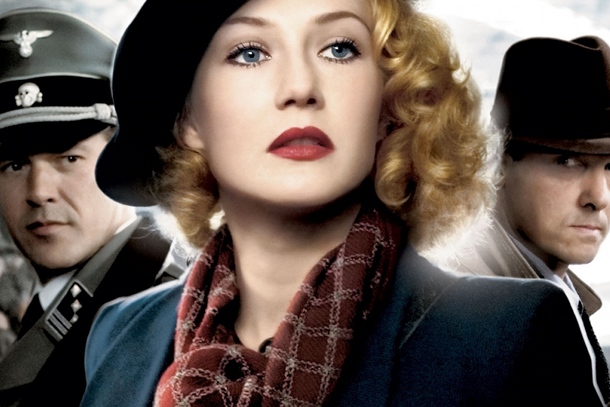
Flesh + Blood: The Films of Paul Verhoeven: Black Book Review - NP Approved
Paul Verhoeven’s Black Book was the first film he made in his native Holland since moving out to Hollywood to fill our eyes with graphically violent sci-fi and sex 20 years earlier. It also may be his finest film. I realize people would argue for the gritty satire of RoboCop (1987) or the psychological underpinnings of Total Recall (1990) or some of his early Dutch films, but this one has everything Verhoeven is known for, that is sex and violence, while also achieving an actual storyline that is involving and even emotional.
Set against the backdrop of the Nazi occupation of Holland, the film tells the harrowing story of Rachael Stein (Carice van Houten), a Jewish woman who joins the Dutch resistance after her family and a boat of Jewish people are gunned down by Nazis as they attempt to cross the border into Belgium. Rachael was the only one to escape the ambush and is smuggled back into The Hague by the Dutch Resistance.

